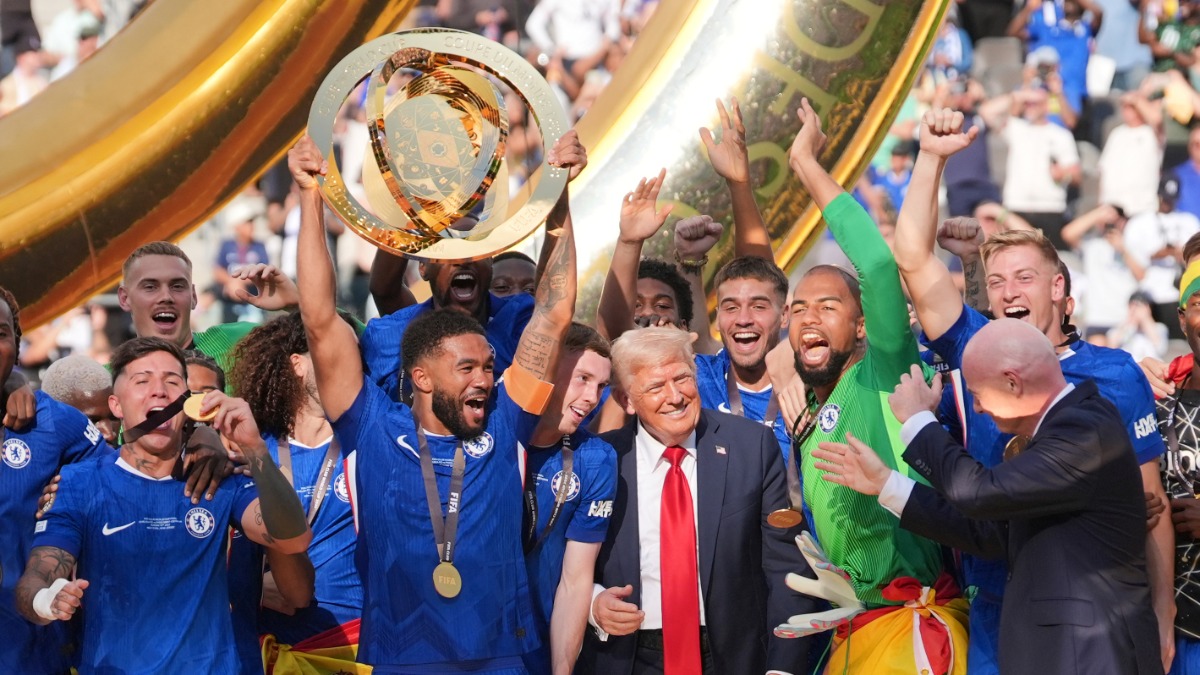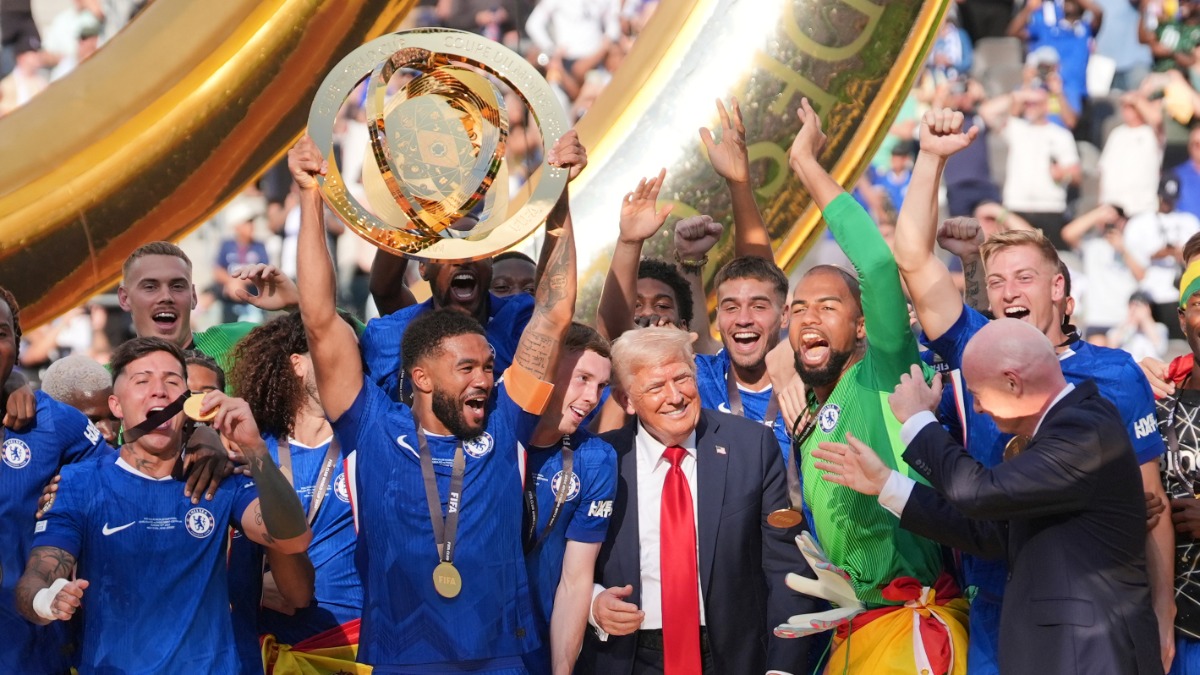One Billion Dollars on the Football Field: Who Made Bank and Who Got Left in the Dust?
The summer of 2023 wasn’t just about goals and trophies in football; it was about a tidal wave of cash flooding the pitch. FIFA dropped a staggering one billion dollars prize pool among 32 clubs at the Club World Cup, and the ripples of this financial tsunami are shaking the football world.
Chelsea and Paris Saint-Germain: The Money Monarchs
While Chelsea players hoisted the trophy, the club pocketed a jaw-dropping $153.6 million! Just reaching the final earned them $30 million, with an extra $10 million for the win. PSG wasn’t far behind, crossing the $100 million mark. Real Madrid, despite not clinching the title, raked in $82.5 million. European clubs collectively grabbed $641.1 million, a whopping 82% of the total prize fund.
Brazilian Clubs: Golden Opportunity or Just a Shadow of Europe?
Fluminense shocked the world by reaching the semifinals and bagging $60.8 million — a massive 82% of their annual revenue! Meanwhile, Brazil’s richest clubs Flamengo and Palmeiras earned significantly less — $27.7 million and $39.8 million respectively. Other Brazilian teams like Botafogo and Fluminense scored hefty sums but still linger in Europe’s financial shadow.
Other Continental Clubs: Money Comes for Showing Up, Not Winning
Most clubs outside Europe failed to get past the group stage, with their earnings mostly from participation fees. For instance, Inter Miami from the USA earned $21.1 million, surpassing the annual revenue of some MLS teams. Japan’s Urawa Red Diamonds took home $9.6 million, about a sixth of their yearly budget. New Zealand and South Africa also earned notable sums but remain far behind European standards.
What Does This Mean for Football?
One billion dollars has reshaped the summer football scene, but will it change football as a sport? European clubs are tightening their grip on dominance, while clubs from other continents get money mainly for showing up, not for success. This could widen the gap between rich and poor leagues, with Brazilian clubs possibly holding onto their young stars longer or demanding bigger fees from European buyers.
The Bottom Line: Money Rules, But At What Cost?
Millions of dollars are flooding club accounts, turning football more into a game of capital and prestige. Will this money bring balance or deepen inequality? Only time will tell. What do you think — is football still a game for everyone or just for those with deep pockets? Drop a comment, maybe you’ve got the answer to this puzzle!













